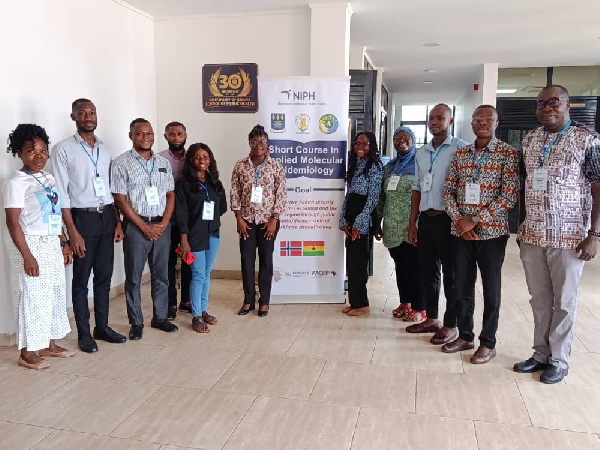
WASHINGTON — There are just two Planned Parenthood clinics in South Carolina, and every year they take hundreds of low-income patients who need things like contraception, cancer screenings and pregnancy testing. The organization has long been at the center of the debate over abortion, but its clinics across the U.S.
also provide a range of other services. In South Carolina, Medicaid patients often seek out Planned Parenthood because they have difficulty finding a doctor who accepts the publicly funded insurance. A case coming before the Supreme Court from South Carolina on Wednesday could upend that option.

The state's Republican governor, Henry McMaster, wants to block public health care dollars from going to Planned Parenthood. Federal law already prohibits Medicaid money from going to pay for abortions, with very limited exceptions, and South Carolina now bans almost all abortions about six weeks after conception. "This case is not about abortion.
This case is about general health care," said Katherine Farris, chief medical officer at Planned Parenthood South Atlantic. The Supreme Court is seen Feb. 13, 2016, in Washington.
Still, Republican leaders in conservative-led states have long said that no public health care dollars should go to an organization that provides abortions, and states should instead be able to direct that money as they choose. A few states already cut Medicaid funding to Planned Parenthood and more could follow if South Carolina prevails. "The people in this state do not want their tax money to go to that organization," McMaster said.
The Trump administration will join South Carolina for the arguments Wednesday, which are playing out against the backdrop of a wider push by abortion opponents to defund Planned Parenthood. Health care advocates, meanwhile, say the effects of the case transcend abortion. The legal question at its center is whether Medicaid patients can sue over their legal right to choose their own qualified provider.
The American Cancer Society and other public-health groups say in court papers that lawsuits are the only real way patients can assert those rights. Losing the ability to go to court would hurt their access to care, especially in rural areas. "If no one is able to enforce the statute or no one's willing to enforce the statute at the federal level, then it's a right on paper only," said Julian Polaris, a lawyer who regularly advises state Medicaid programs and health care providers.
States could also move to restrict access to treatments like gender-affirming care if the court sides with South Carolina, he said. One in five American women of reproductive age is now enrolled in the Medicaid program, said Heidi Allen, an associate professor at Columbia University. This means that finding providers who can offer quality family planning services — a requirement for Medicaid — is crucial for meeting the needs of those patients.
"It's concerning that states would eliminate a site of care for politically motivated reasons, "Allen said. President and CEO of Planned Parenthood Federation of America Alexis McGill Johnson speaks March 12 during at a rally on Capitol Hill in Washington. The case stretches back to 2018, before the Supreme Court overturned the nationwide right to abortion, when McMaster first moved to cut Planned Parenthood funding in a fulfillment of a campaign promise.
He signed an executive order removing Planned Parenthood from a list of providers for things like birth control, and sexually transmitted disease testing. His order was blocked in court, but since then judges ruled in favor of similar moves in Texas and Missouri, said John Bursch, an attorney for the conservative group Alliance Defending Freedom. "At the highest level, this case is about whether states have the flexibility to direct Medicaid moneys to best benefit low-income women and families," he said.
In South Carolina, $90,000 in Medicaid funding goes to Planned Parenthood every year — a tiny fraction of a percentage point of the state's total Medicaid spending. Most counties in the state already are federally designated as having too few primary care providers, said Amalia Luxardo, CEO of the South Carolina-based Women's Rights and Empowerment Network. Fourteen of the state's counties have no practicing OB-GYN physicians and five other counties have just one, she said, meaning many women already have to travel longer distances to find the right provider.
Planned Parenthood has flexible hours and can get appointments scheduled quickly, factors that bring in patients from around the state, she said. "We are already in a health care crisis," said Luxardo, whose group filed court briefs supporting Planned Parenthood. "And when decisions like these negatively impact our constituents, the crisis is going to only increase.
" Stay up-to-date on the latest in local and national government and political topics with our newsletter..














